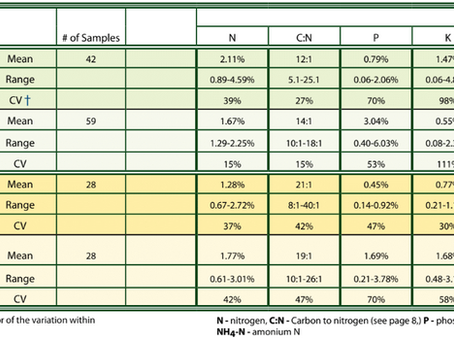
Compost
Providing Everything You Need for organic Transition!
Composting is a controlled biological decomposition method that combines organic materials to produce compost, promoting plant growth by enhancing soil microbial activity, providing nutrients, ameliorating acid soils, improving nitrogen fertilizer efficiency, suppressing disease, and enhancing water-holding capacity and soil structure. Despite its relatively low nutrient content, significant quantities of compost (44–88 metric tons/ha or 20–40 tons/acre) are typically needed for noticeable short-term improvements, with associated transportation and production costs often being prohibitive. High-quality compost can be used in smaller amounts through water-based extracts or inclusion in seedling media, with compost quality varying based on maturity. Vermicompost, produced by worms and microorganisms, is locally produced in Hawaii from various organic materials. Commercial producers use different worm species and feedstocks, with home production being common. Vermicompost benefits seedling vigor and plant health due to its high nutrient concentrations, organic acids, and microbial activity, providing stress tolerance to crops. Vermicomposts are finer in structure, nutrient-rich, and have higher microbial activity than other compost types, making them valuable for plant growth. They contain significant plant-available nitrogen, particularly nitrate (NO3-), partly due to reduced nutrient losses during enclosed vermicomposting. Allowing vermicompost to cure for 3-4 months further increases nitrate content and suitability for compost tea production.



